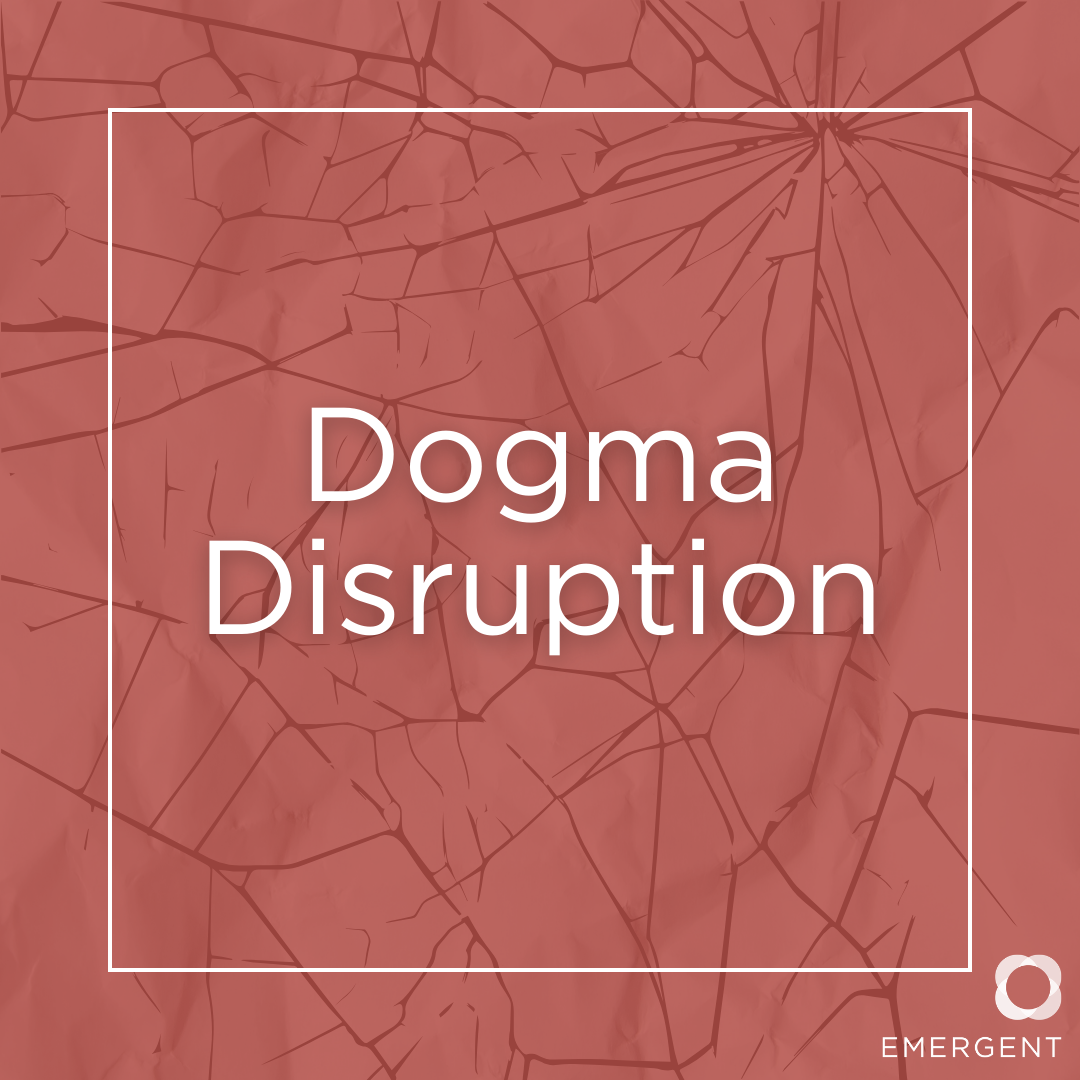Our passions, beliefs, and ideologies shape the way we see the world—but they also influence how we listen, negotiate, and lead.
Recently, someone close to me respectfully and thoughtfully challenged one of my most deeply held beliefs. The objection came in person, during a conversation that spanned many topics. While I trust and respect this individual, I found the objection itself unsettling. Almost immediately, I became aware of my increased heart rate. My ears became warm. The moment was disorienting, both physically and emotionally. (Although, as is usually the case, no one else in the room noticed.)
It took nearly two days for my internal equilibrium to return. Even now, I’m uncertain whether I will respond to my friend’s challenge or simply sit with the experience, and fully feel the discomfort and imbalance it provoked in me. But whatever I decide to do, one thing is clear: this interaction, however difficult it was, was good for me.
I am learning to be grateful for those who challenge me. Their objections reveal my own responses, reactions, and blind spots, offering a mirror with which I can examine not just my beliefs, but my ability to engage with perspectives different from my own.
This is a gift.
Having people in our lives whose dogmas, ideologies, and priorities differ from our own is not a threat; it is an opportunity. In these moments of honest, unguarded, and human connection we can observe the unique and beautiful distinction between man and machine. We are not pre-programmed to react in a fixed way. We have the capacity to choose—to open our minds, to wrestle with discomfort, and to allow new perspectives to refine our thinking.
And yet, we live in an age where disagreement is often seen as dangerous. Civil discourse is eroding, and we risk losing something vital: the ability to engage with one another without fear of dehumanization. If we remove this tension from our interactions—if we eliminate the friction of differing perspectives—we also eliminate the possibility of true learning, growth, and leadership development.
As leaders, we must develop the resilience to stand firm in our convictions while remaining open to dialogue. We must practice emotional intelligence, recognizing our visceral reactions without allowing them to dictate our response. We must be architects of spaces where honest conversations can happen—where people can push and pull on one another’s ideas without hostility, where respect remains intact even in moments of tension and disagreement.
There is a song in the dialogue between us and the people we encounter. The harmonies, choruses, and verses that emerge in our relationships are ours to shape. You can be disoriented by ideological tension and still be in “songwriting mode”—still engaged in the collaborative process of understanding, refining, and leading with wisdom.
Reflection Questions:
- How does your ideology or worldview shape your daily conversations?
- What belief, if challenged, would almost certainly elicit a strong reaction from you?
- What is your strategy for maintaining civility in conversations with those who hold strong, contrary perspectives?
True leadership is not about avoiding ideological discomfort—it’s about navigating it with grace, humility, and strength. How will you engage?
If you’re interested in approaching challenges to your worldview with openness, strength, and confidence, send me an email at jeremiah@getemergent.com.

Comments (4)
Hello,
I was moved by your profound essay. Your gift of insight reveals what so many of us lack.
Kind regards,
Bryan McGraw
Bryan,
Thank you for your encouragement. If only the practice of living it out was as easy as the practice of sharing the insight.
Jeremiah,
Excellent reminders for those of us who are in leadership positions. Thank you for this inspiring article and reminder that true leadership is defined by the courage to face difficult situations and engage in challenging conversations daily, all of course, while remaining respectful to opposing viewpoints. Leadership is often more about our emotional intelligence than our task competency.
Thank you,
Joyce
Joyce,
Very well said. It’s the hard work and effort of developing our own regulation that gives others the space to do the same.
-Jeremiah